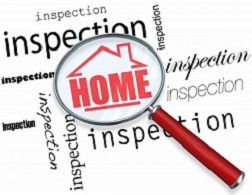 There’s a whole lot to learn when buying one’s first home, an investment that can bring joy, but sometimes, grief. A competent real estate agent can assist in locating those homes that meet the home buyer’s needs and can advise on factors such as market value of the home and neighborhood services. The agent will help the buyer through the negotiation and purchase process. But the buyer should take responsibility to make sure that the steps below are taken.
There’s a whole lot to learn when buying one’s first home, an investment that can bring joy, but sometimes, grief. A competent real estate agent can assist in locating those homes that meet the home buyer’s needs and can advise on factors such as market value of the home and neighborhood services. The agent will help the buyer through the negotiation and purchase process. But the buyer should take responsibility to make sure that the steps below are taken.
Home Inspection Contingency Included in Purchase Offer
At the point where the buyer finds a home and decides to make an offer, the contract should be written contingent on an acceptable inspection. If serious issues are found, the buyer has the options of requesting certain items to be fixed, to be compensated for the costs of repair, for a lower purchase price or to cancel the contract. Without this contingency, the buyer is bound to the contract without these options and may suffer huge costs.
Selecting the Home Inspector
Reputable and successful home inspectors may be recommended by the real estate agent or friends. The buyer should talk with prospective inspectors and ask for references. Another indication of competency is an affiliation with professional groups such as the American Society of Home Inspectors (ASHI) or the National Association of Home Inspectors (NAHI).
Inspecting the Home
There are potentially many problems in homes that are not visible to the eye. The home buyer that engages a professional home inspector can be assured that major problems will be identified. As an added value, by accompanying the home inspector and asking questions, the first-time buyer can learn about proper maintenance and of possible problems that will not go into the report.
What Will the Home Inspector Do?
The home inspector examines the entire home, both outside and inside, and checks for safety, defects, replacement or repair needs, and potential problems that should be monitored closely. The inspector will then produce a report covering the findings. The inspection generally takes two to three hours and costs between $200 and $500.
What Will Be Inspected?
External inspections will cover the roof, exterior walls, foundation, grading, garage, and may include sprinklers, lawn, porch lights, walkways and driveways as well. Interior inspections will examine the plumbing and electrical systems, HVAC (heating, ventilation and air conditioning), the water heater, kitchen appliances, laundry room, fire safety and bathrooms.
Taking this optional step of completing a home inspection, even with a new home, will be well worth the time and additional cost. It will provide a basis on which to make a more realistic offer and give the buyer the peace of mind of having in-depth knowledge about the house being purchased.
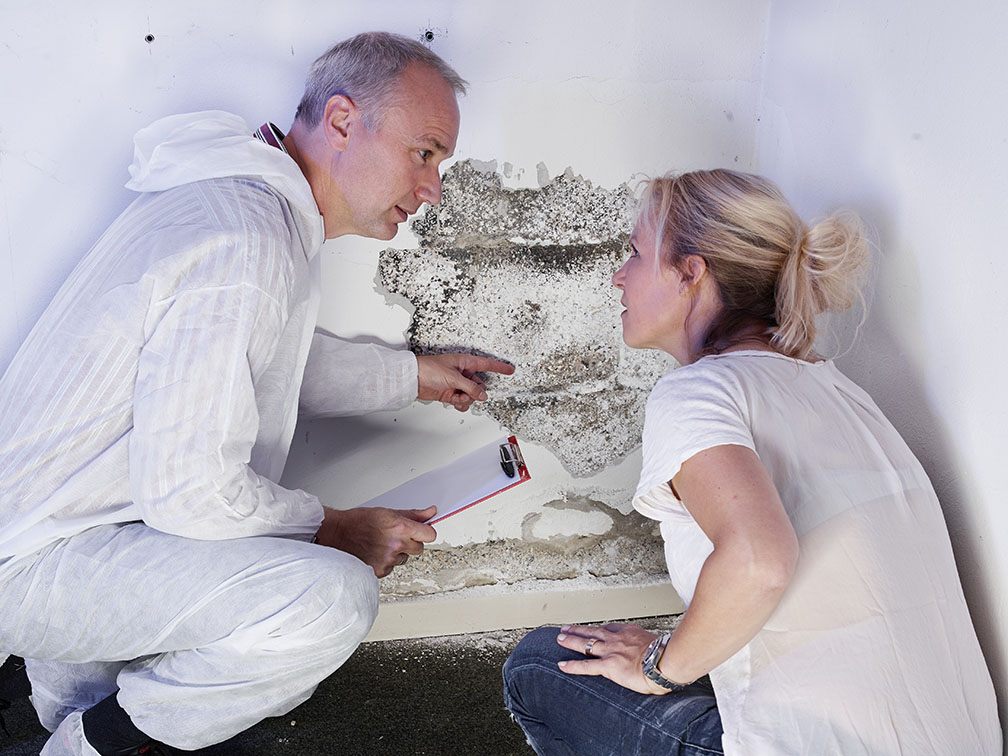 There are so many small details involved in the final purchase of a home that it can be easy to lose track of the things that need to be done. While you won’t be able to forget about a home inspection, a pest inspection can be every bit as important before you sign on the dotted line. If you’re wondering why you shouldn’t forego this important step, consider the following information.
There are so many small details involved in the final purchase of a home that it can be easy to lose track of the things that need to be done. While you won’t be able to forget about a home inspection, a pest inspection can be every bit as important before you sign on the dotted line. If you’re wondering why you shouldn’t forego this important step, consider the following information.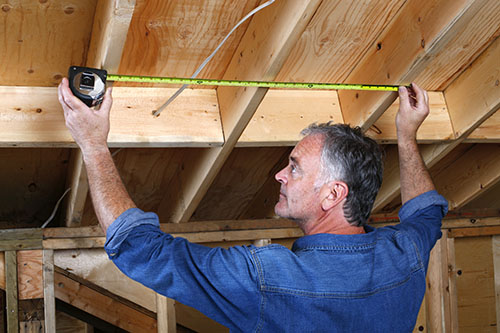 In a hot market it’s easy to be blinded by the competition and succumb to the pressure to make an offer on a home before you’ve adequately assessed it. If you’re looking to buy a home this summer, use these four tips to uncover hidden flaws before you put your offer in.
In a hot market it’s easy to be blinded by the competition and succumb to the pressure to make an offer on a home before you’ve adequately assessed it. If you’re looking to buy a home this summer, use these four tips to uncover hidden flaws before you put your offer in.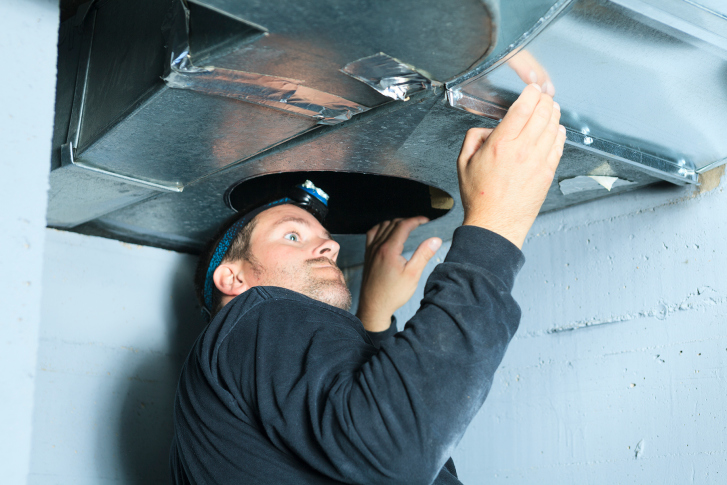 When it comes to selling a home, it is a common belief that once the offer is accepted, there is nothing else to be negotiated. However, issues and obstacles that can arise during the home inspection can be a cause for discussion with the seller. Whether you’re currently searching for houses or your offer has already been accepted and you’re preparing for the next step, here are some tips in the event that the home inspection isn’t up to par.
When it comes to selling a home, it is a common belief that once the offer is accepted, there is nothing else to be negotiated. However, issues and obstacles that can arise during the home inspection can be a cause for discussion with the seller. Whether you’re currently searching for houses or your offer has already been accepted and you’re preparing for the next step, here are some tips in the event that the home inspection isn’t up to par. One of the most stressful parts of selling a home is the dreaded home inspection. Getting the most value from a home inspection is crucial, especially since any missed item can cause a significant amount of trouble a few years or decades down the road. With that in mind, let’s take a look at a few tips on how one can get the most value from a home inspection.
One of the most stressful parts of selling a home is the dreaded home inspection. Getting the most value from a home inspection is crucial, especially since any missed item can cause a significant amount of trouble a few years or decades down the road. With that in mind, let’s take a look at a few tips on how one can get the most value from a home inspection.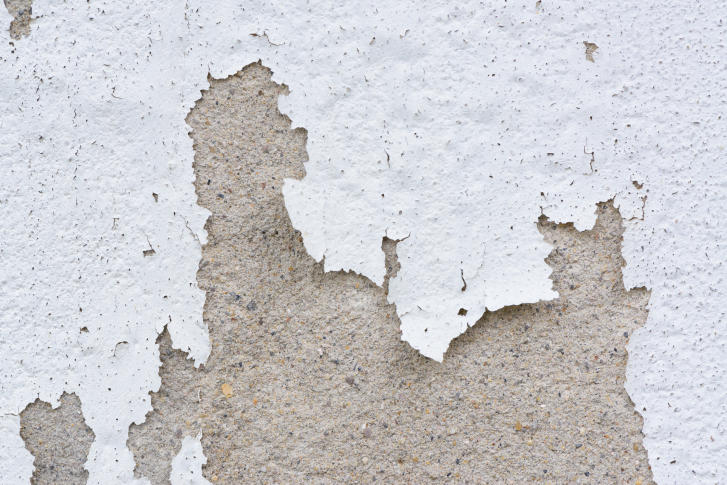 From the sales price to the general layout of the building, there are numerous factors that buyers will consider when touring homes. While there are specific factors that buyers may be searching for in a new house, there are also a few warning signs that home buyers should keep their eyes open for. The following are among the top red flags that may serve as warning signs.
From the sales price to the general layout of the building, there are numerous factors that buyers will consider when touring homes. While there are specific factors that buyers may be searching for in a new house, there are also a few warning signs that home buyers should keep their eyes open for. The following are among the top red flags that may serve as warning signs.